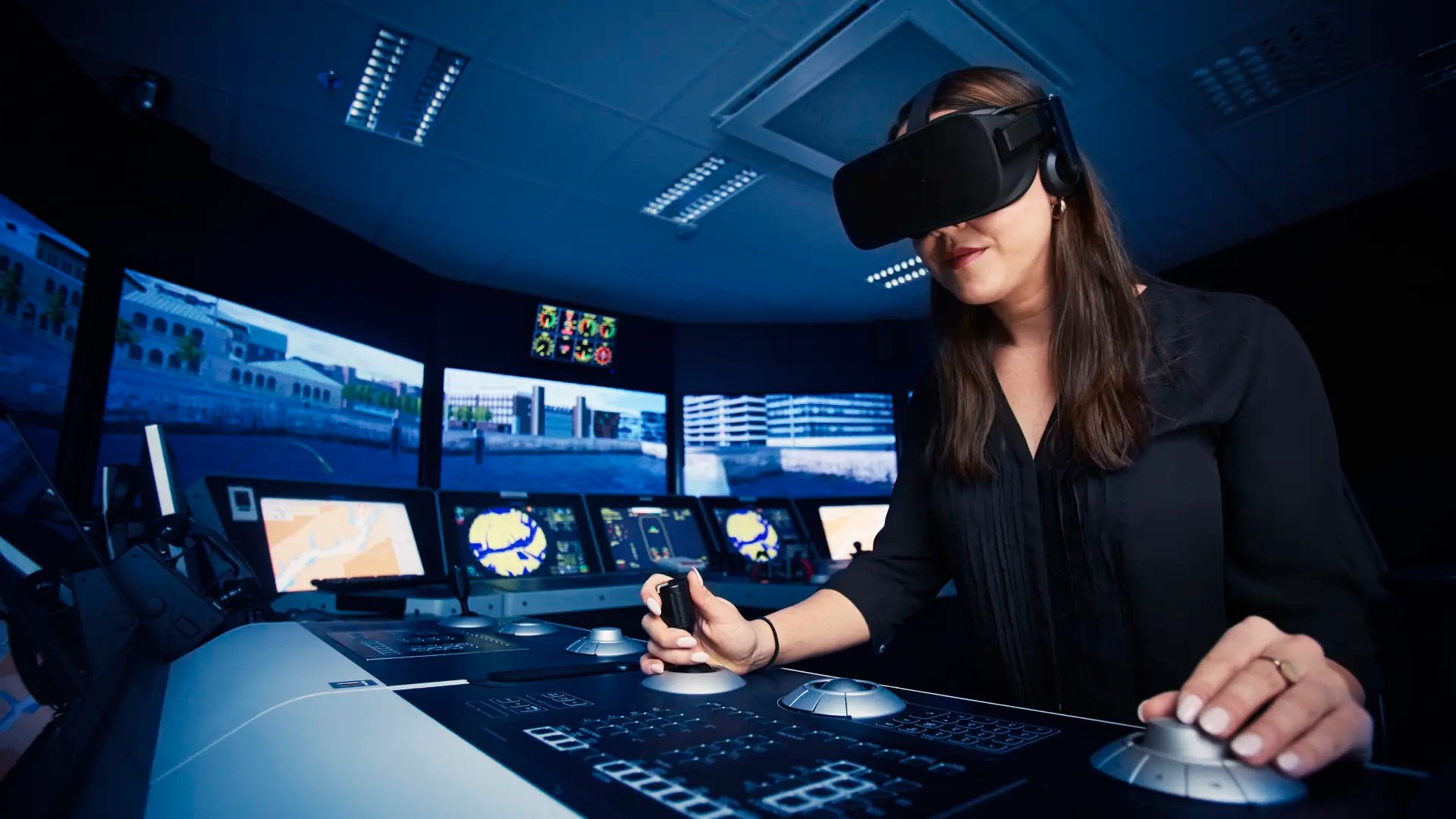
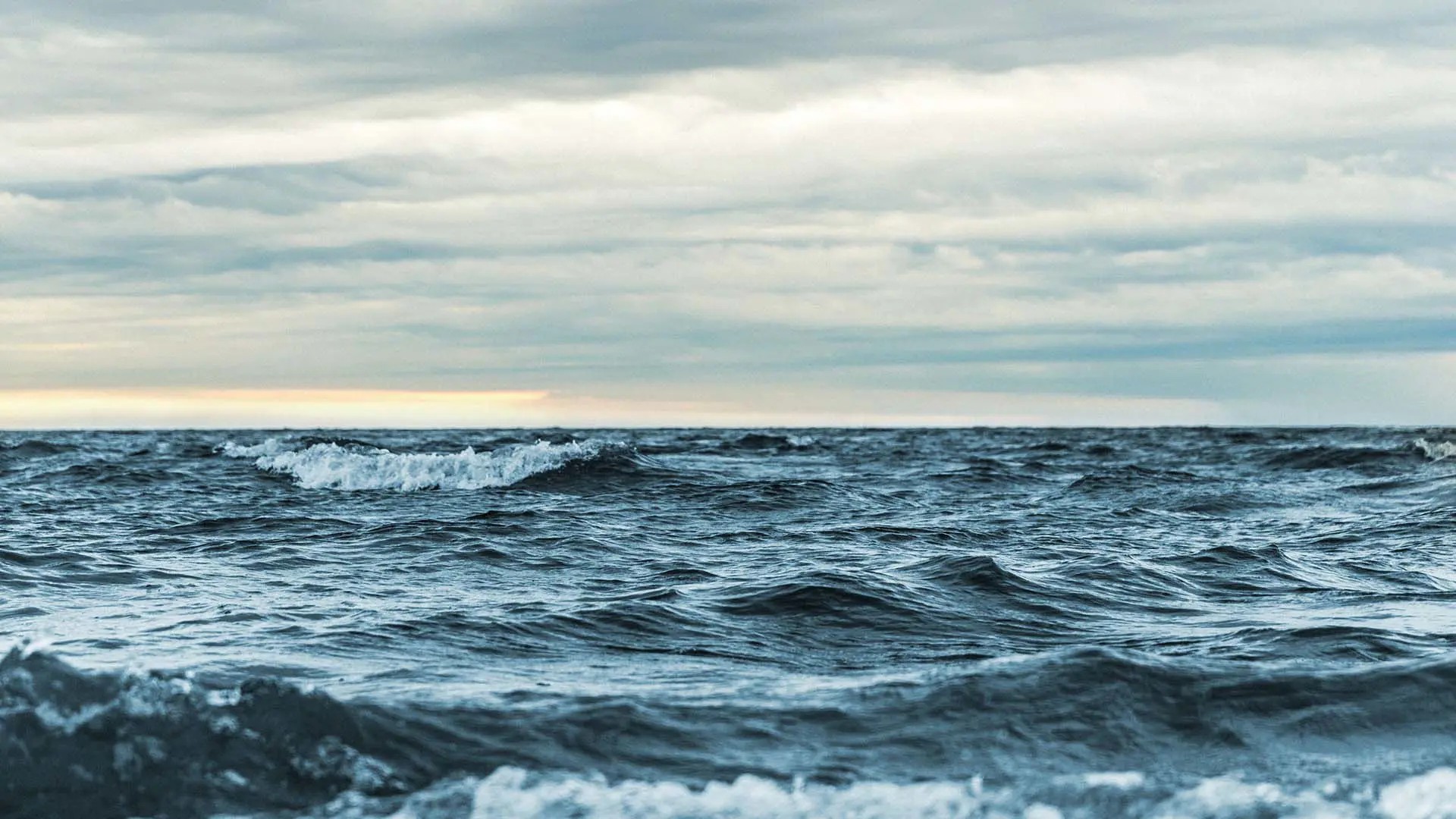
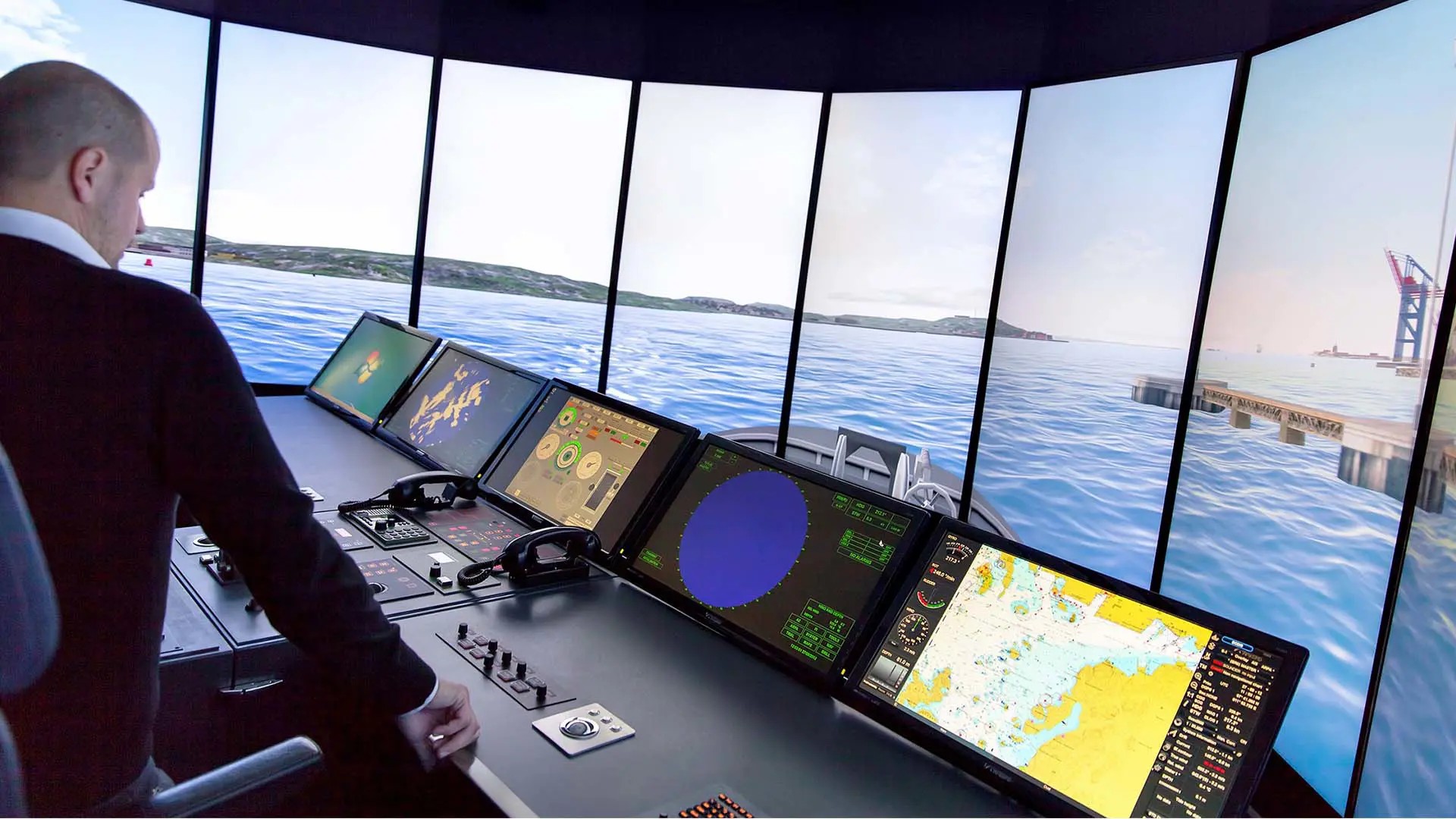
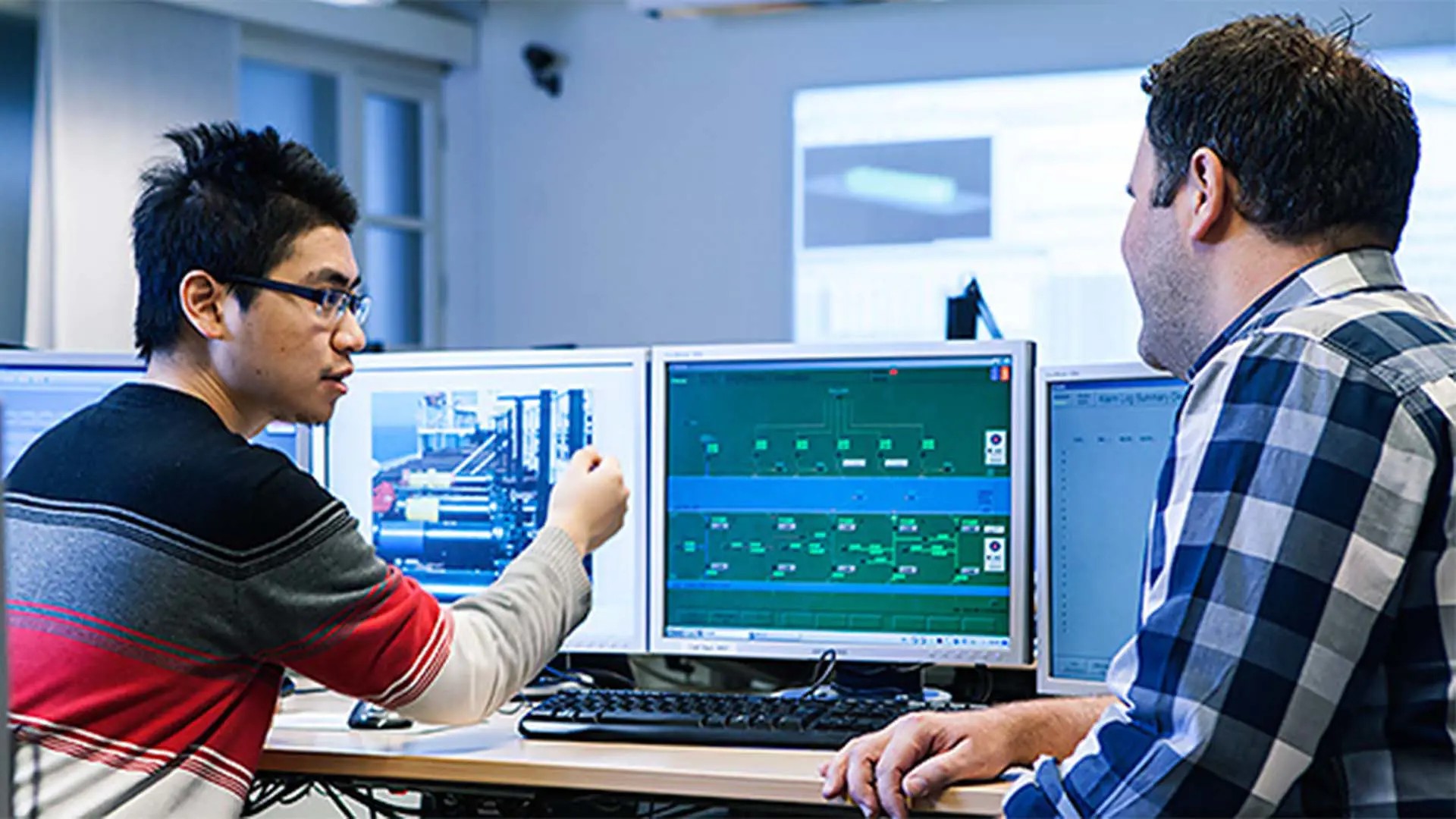
The division of Maritime Studies is engaged in research and education connected to shipping and other maritime sectors, including its role in the entire transport and energy system. We educate the seafarers of tomorrow, focusing on developing a sustainable shipping industry.
Research areas
Smart shipping
The increase in digitalization within the shipping industry demands research, not only within the complex socio-technical system but also within areas of education and training of future operators, managing Big Data, development of decision support systems, providing input to the development of regulatory support together with safe and efficient operational procedures.
Division of Maritime Studies
Units
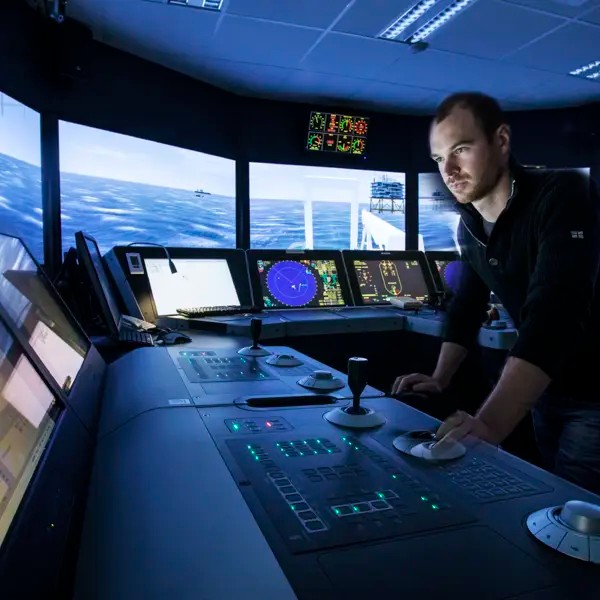
Technical and Maritime Management
Technical and Maritime Management focuses on teaching in maritime sciences, including cargo management, mechanical engineering, law and logistics.
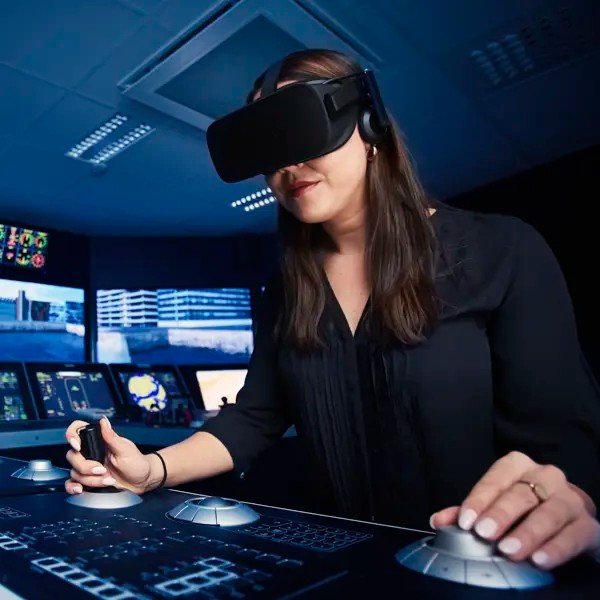
Nautical Studies
The unit for Nautical Studies aims to perform research within areas such as navigation, safety and user-centred design to support the transition to “Smart shipping”.
